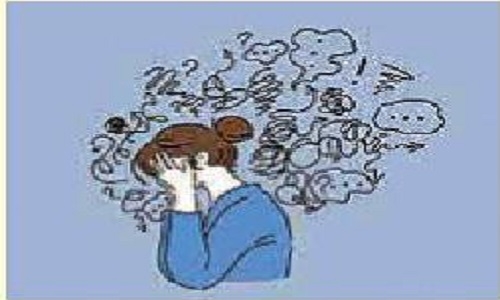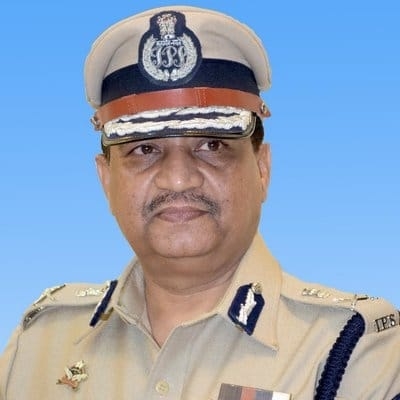Genesis Of Stress & Solution
| Date :28-Apr-2024 |

BY DR BHUSHAN KUMAR UPADHYAYA :
In today’s life stress is the biggest killer. As per studies more than eighty percent of diseases are psychosomatic in nature; diseases caused by stress. All sections of the society are facing stress in one or other way. Physical and mental health, career growth, mutual relationships and quality of life are badly affected by the onslaught of stress. The present day lifestyle is mostly responsible for stress. There are a number of factors which cause stress. In this article I am going to discuss the biological and emotional dimensions of stress and its related solutions. Whatever may be the genesis of stress, our nervous system plays the most important role in the entire process. The nervous system is called the master system of our physiology. All other systems are controlled by it. The nervous system has two types- central and autonomous. The central nervous system consists of the brain, nerve cells and the spine. The autonomous nervous system is divided into two parts- sympathetic and parasympathetic. The sympathetic nervous system keeps our body in the activation mode and is best described in the terms of fight and flight. The parasympathetic nervous system calms and cools down the body and is known as the system of rest and digest.
It is in this system that our body relaxes and heels. A good physical and mental health is ensured by the harmonious and balanced functioning of both these systems. Research has found that over activation of the sympathetic nervous system is the cause of stress. Our parasympathetic nervous system has been dysfunctional or suppressed. Therefore, the best way to manage stress is to activate our parasympathetic nervous system to calm down our brain and body. Experts have found that some of the body based exercises and breath work or Pranayamas are suited to activate our parasympathetic nervous system which is responsible for relaxation and rest. Simply shaking the entire body for a few minutes is found to be relaxing and making the parasympathetic nervous system active. Massage of the ears for two to three minutes sends signals to the brain to calm down. Bhramari Pranayama or humming is very relaxing. Humming vibrates the nasal passage and releases nitric oxide which relaxes our nervous system. Slow inhalation and longer exhalation are found to be very soothing and calming down.
Splashing cold water on the face immediately activates our parasympathetic nervous system. Keeping the body upside down for a few moments is also associated with the activation of the parasympathetic nervous system. The Sarvanga Asana is found to be very helpful in it. Spending time with pets also helps in the activation of the parasympathetic nervous system. Cold water shower tones up the vagus nerve which is the part of the parasympathetic nervous system. Keeping the head below the chest is also a stress buster. Moving in the natural surroundings and brisk walking are also found to de stress us. Hugging the dear ones, serving the needy and chanting some Mantra are the other ways to tone our vagus nerve and relax. Research has found that all methods do not work for all, but some of them certainly work. We may choose them, practise regularly and get stress free.

(The writer is Former DG Police & CG, Homeguards, Maharashtra)